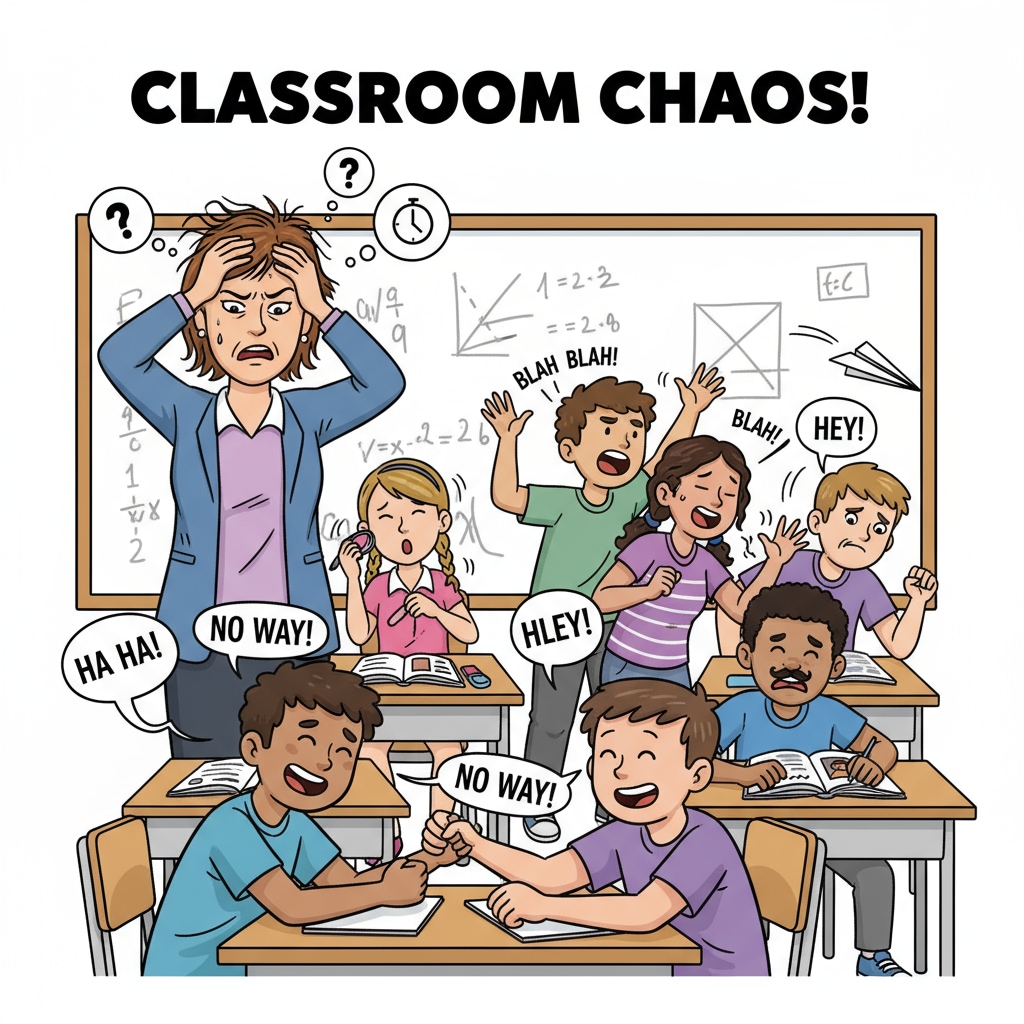Student behavior issues, lack of support, and professional frustrations are significant challenges that teachers in K12 education often encounter. In the educational landscape, teachers are on the front lines, tasked with not only imparting knowledge but also managing the behavior of students. However, they frequently find themselves in a difficult situation where they lack the necessary support to address these issues effectively.

The Struggle with Student Behavior Issues
Student behavior problems can take various forms, from minor disruptions like talking out of turn to more serious issues such as aggression and bullying. Teachers are expected to handle these situations promptly and appropriately. For example, a student who constantly interrupts the class not only disturbs the learning environment but also tests the teacher’s patience. According to the National Education Association, such behavior issues are on the rise in many schools. This places a huge burden on teachers, as they must balance between teaching and maintaining order.

The Lack of Support from School Management
One of the major sources of frustration for teachers is the lack of support from school management. In many cases, school administrators do not provide clear guidelines or sufficient resources to deal with student behavior problems. Teachers may request additional training or counseling services for troubled students, but these requests often go unanswered. As a result, teachers feel isolated and ill-equipped to handle complex behavior issues. For instance, without proper training on conflict resolution, teachers may struggle to defuse tense situations between students.
The Understanding Gap with Parents
In addition to school management, the lack of parental support also contributes to teachers’ difficulties. Some parents may not be aware of the extent of their child’s behavior problems or may not take them seriously. This lack of cooperation from parents can be demoralizing for teachers. Teachers often try to communicate with parents, but if parents do not respond or support the efforts, it becomes even more challenging to address the behavior issues. A study by Education Week shows that strong parental involvement is crucial for improving student behavior.
The cumulative effect of these factors is a significant increase in teacher burnout and professional frustration. Teachers enter the profession with the desire to make a positive impact on students’ lives, but the lack of support they receive can quickly erode their enthusiasm. To address this issue, it is essential to build a multi-party collaborative support system. This system should involve school management, parents, and other stakeholders working together to provide teachers with the resources, training, and support they need to handle student behavior issues effectively. By doing so, we can create a more supportive environment for teachers and ultimately improve the quality of education for students.
Readability guidance: Each section presents a distinct aspect of the problem. Short paragraphs and clear explanations help to convey the message. Lists could be used to further break down key points, and transition words like ‘however’, ‘in addition’, and ‘as a result’ are used to connect ideas smoothly.


